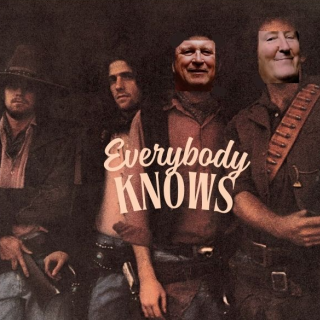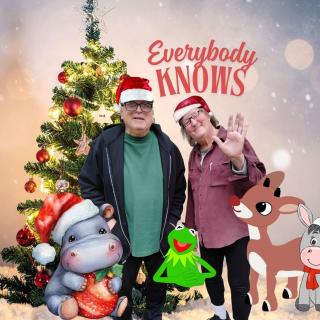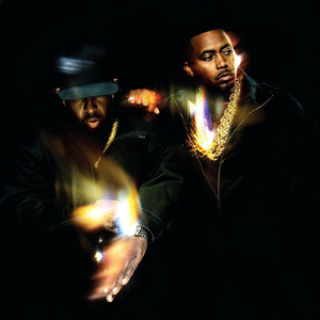Advertisement
My first response from reading JAre (J Rawls + John Robinson’s) Youth Culture Power book was: There Are Social Skills Even For People Who Don’t Teach. The book is written to give educators methods to build rapport + create environments that are conducive to the exchange of information utilizing Hip Hop.
Youth Culture Poweris a Hip Hop record as well as book. YCP’s album brings the human side for the teachers as music should.
I want to recommend Youth Culture Power’s music to people who participated with Hip Hop in high school + college while choosing to work as a teacher following the ideals that made them Hip Hop.
The YCP album starts with John Robinson stating that Youth Culture is Power in some median point articulation between KRS One + Q-Tip.
John Robinson was part of a Bobbito Garcia released rap group called Scienz of Life in the late 90’s when Rawls was living in Cinci + recording with Black Star are Mos Def and Kweli. John Robinson + J. Rawls have maintained careers as Hip Hop artists and in education. John Robinson released several solo records + works as a T.A. in New York. J. Rawls released music with everyone from Casual from Hieroglyphics to P. Blackk. Casual first gained exposure from early 90’s skate videos. P.Black’s last music placement was in a TransWorld Video. J.Rawls is Dr. Rawls at Tiffin University.
J. Rawls presented the Youth Culture Power book at the Smithsonian June 22, 2019. J.Rawls lives in Columbus, Ohio.
Question for my teacher friends: Did you grasp the understanding of the word culture from Hip Hop or in your sociology class first? There isn’t a wrong answer because human interactions can always help a person learn if communication is effective.
YCP’s second song “Classroom Chatter” finds John Robinson explaining that providing a place for students to have dialogue can reveal home issues that are affecting the student’s lives and also help reveal contexts that will assist comprehension.
“Don’t Smile Till November” discusses the notion that for the first three months of the school year you have to be standoffish with students to make your authority known in the classroom. John Robinson suggests rapport with the wisdom from the student experience instead of building impersonal barriers.
“Free Free” discusses nutrition in the cafeteria. The importance of this song is looking at the environment the students are in. From a Hip Hop viewpoint one could compare this song to BDP’s “Beef” but looking at the school experience from a biological vantage.
“We Aren’t Failing” addresses standardized testing with a similar disagreement to removing the understanding of human beings in rapport with the confidence that a rap song can bring.
Brand Nubian’s Sadat X and Tiffany Paige appear for “B. Plan.” Tiffany Paige sings throughout YCP similarly to Middle Child or Renee Dion in J.Rawls’ previous works. Sadat X and Wise Intelligent worked with Rawls for “Face It” off of J. Rawls’ Hip Hop Affect. Sadat X was a rapper during the late 80/ early 90’s Public Enemy and B.D.P. era that was known for DIY engagement for learning. From a music critic’s vantage, I would like to point out that emcees who were finding ways to communicate with people who couldn’t be reached are now working within our schools.
“B.Plan” brings the human element for the teachers. Regardless of profession, some things don’t work like you wanted them to. “B.Plan” talks about teachers having a less than perfect day and suggests just stepping back for a second and approaching your task from a different angle. J Rawls raps for this track.
Just like our students. Teachers are humans.
YCP ends with “How Did You That?” This song states the album’s vision of bringing KRS One’s 1990 Edutainment with the 2019 student context which includes technology and Hip Hop’s 20+ years of success since “Edutainment.”
YCP accomplished this goal by maintaining the attributes of what makes a Hip Hop record relevant and fundamentally sound. If you read the book + listen to the album, you’ll think: J.ARE knows that classrooms are filled with humans.



